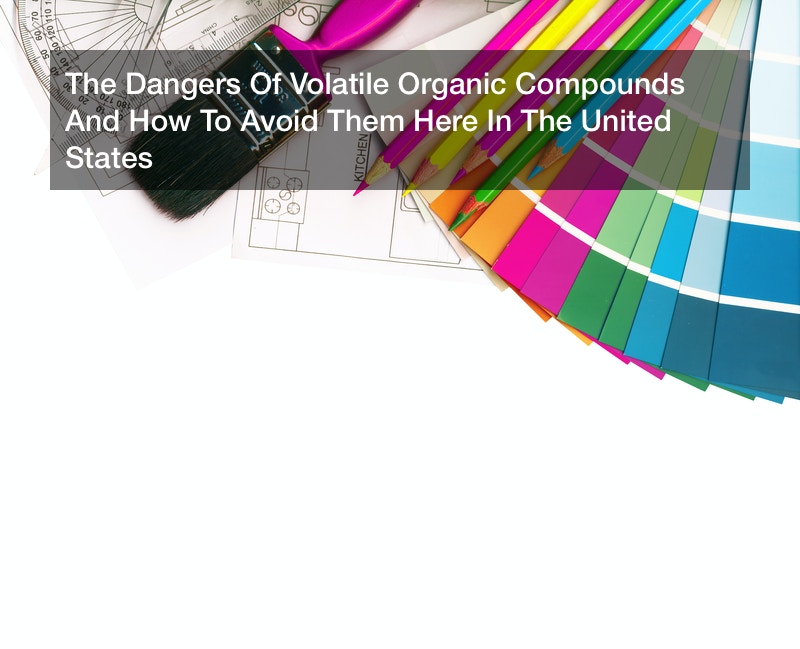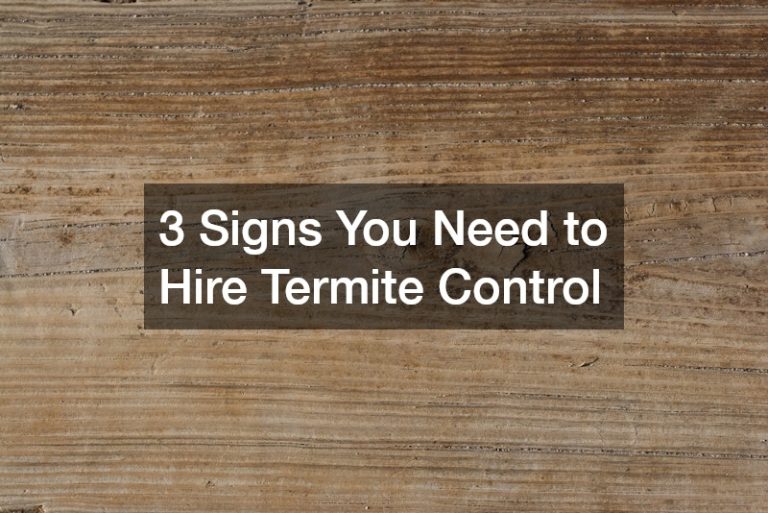

From low odor paint to non toxic spray paint to paint safe for baby furniture and paint for the nursery, choosing paint that is low in volatile organic compounds and other harmful chemicals is a must, especially now that we are learning more about them than ever before. If you’re wondering why should I avoid VOCs, read on, for the answer to why should I avoid VOCs will be made more than clear throughout this article.
If you’re someone who’s wondering why should I avoid VOCs, it will be particularly important if your are someone who has a chemical sensitivity of any kind. After all, using paint with these volatile organic compounds can actually raise the level of these compounds inside of your home to be more than five times what they are outside in the rest of the world – and typically raise these levels to be no less than two times as powerful as the outdoor concentration of volatile organic compounds. For someone who has a chemical sensitivity, however, even just a mere 500 ppb of volatile organic compounds could start to cause health problems – and the more concentrated the volatile organic compounds are, the more significant the health problems.
Of course, children tend to also be quite strongly impacted by volatile organic compounds, giving another answer to the question of why should I avoid VOCs. In fact, children living in high concentrations of PGEs have a considerably increased chance for developing various allergies – one that is almost as much as doubled, if not that. In addition to this, children who live in the highest 25% of homes with the most concentrated levels of volatile organic compounds, various other health risks have also become a reality. After all, the chances of developing both asthma and eczema have risen by more than 100% for such children, and the chances of developing rhinitis by an astounding 120% or so. For many children, these health conditions can unfortunately end up having a considerable impact on their overall well being – and even on their eventual health during their adult years.
And this is not to say that volatile organic compounds cannot impact the health of the average healthy adult, because they very much can. In fact, the impact such VOCs can have on healthy adults is yet another answer to the question of why should I avoid VOCs. And there is the research to back this up, particularly looking at one study in which a group of employees was moved to work from their typical office space, where volatile organic compounds were present, to a controlled office environment, one where VOCs were not detectable.
In this study, the employees working in the controlled space found that their overall cognitive ability grew quite immensely. On average, the employee found a more than 100% cognitive improvement, simply from working away from volatile organic compounds. This, and the above discussed, clearly show the detriments that volatile organic compounds can lead to – and why they should be avoided at all costs and whenever possible.
Fortunately, access to paints and other materials like that for priming woodwork is better than ever before. And once you know what to look for, it is likely that you will be able to find odorless paints that are also low in volatile organic compounds with relative ease. However, there is never any shame in asking a professional in the field, as they will very likely be able to guide you to the best quality paints possible – paints that are also likely to carry the lowest amount of risk when it comes to exposure to volatile organic compounds. In the years that are to come, it is hopeful that volatile organic compounds will become easier to avoid than ever.
So why should I avoid VOCs? The reasons are vast and many, ranging from the potential for developing allergies to the potential for much more serious health concerns, like cognitive decline and even asthma (with the later seen most often in children).



